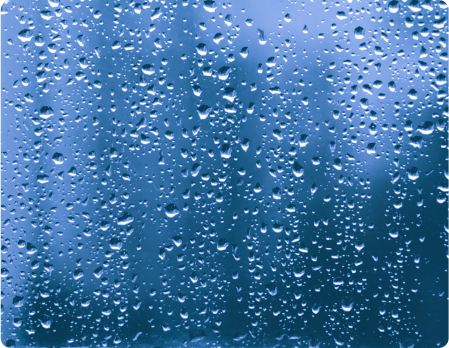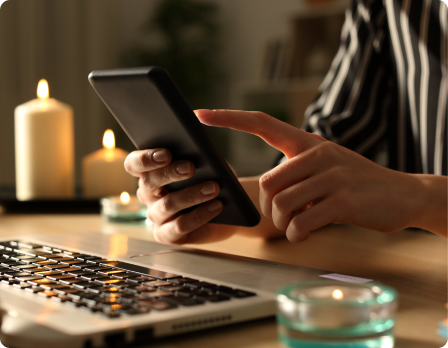What to do during a storm:
- Listen to local radio and television reports for weather condition updates.
- Stay inside, even if it seems that the storm has ended, to avoid being outside when strong winds pick up.
- Keep away from windows and outside doors. Bathtubs can provide some protection if you cover yourself with plywood or other materials.
- Avoid using a landline telephone or touching electrical equipment.
- If the power is out, turn off and unplug all major appliances.
- Evacuate to a safe home or shelter if your home is flooded, or if emergency personnel has recommended for you to do so.
- Whether you choose to stay home or evacuate, you’ll want to unplug electronics and appliances, and remove air conditioner fuses.


What to do after a storm:
- Let family and friends know you are safe.
- Continue monitoring updates and instructions from local authorities.
- Don’t use any electrical appliances that got wet until they can be professionally checked.
- Avoid drinking or preparing food with tap water until you are sure it’s not contaminated.
- Keep away from floodwater and flooded roads. Drive around floodwater and not through it.
- Remember that flood and standing waters have potential health risks.
- Stay away from downed power lines and dangerous materials.
- Report power outages in your area.
Emergency contacts in your state:
- Texas
Oncor
1-888-313-4747Note: Oncor can link to five different phone numbers with your ESID to speed restoration when you call to report outages. Call 1-888-313-6862 to set it up.Report and track outages — Sign up for outage alertsCenterPoint
1-800-332-7143Report and track outages — Sign up for outage alertsAEP Central
1-866-223-8508Report and track outages — Sign up for outage alertsTNMP
1-888-866-7456Report and track outages — Sign up for outage alertsAEP North
1-866-223-8508Report and track outages — Sign up for outage alerts- Georgia
Atlanta Gas Light (AGL) customers
1-877-427-4321 (outside metro Atlanta)770-907-4231 (in metro Atlanta)If you smell gas, quickly get away from the area. When you can no longer smell the gas, call the AGL emergency number or dial 911.
- Maryland
Baltimore Gas & Electric (BGE) customers
1-877-778-2222Report and track outagesPotomac Electric Power (Pepco) customers
1-877-PEPCO-62 (1-877-737-2662)Report and track outages- New Jersey
Atlantic City Electric customers
1-800-833-7476Report and track outagesJersey Central Power & Light customers
1-888-544-4877 (1-888-LIGHTSS)Report and track outagesPSE&G customers
1-800-436-PSEG (1-800-436-7734)Report and track outages- Pennsylvania
Duquesne Light customers
1-888-393-7000Report and track outagesMetEd customers
1-888-544-4877Report and track outagesPECO customers
1-800-841-4141Report and track outagesPPL customers
1-800-DIAL-PPL (1-800-342-5775) – When prompted, press 1 for electrical emergency.Report and track outages